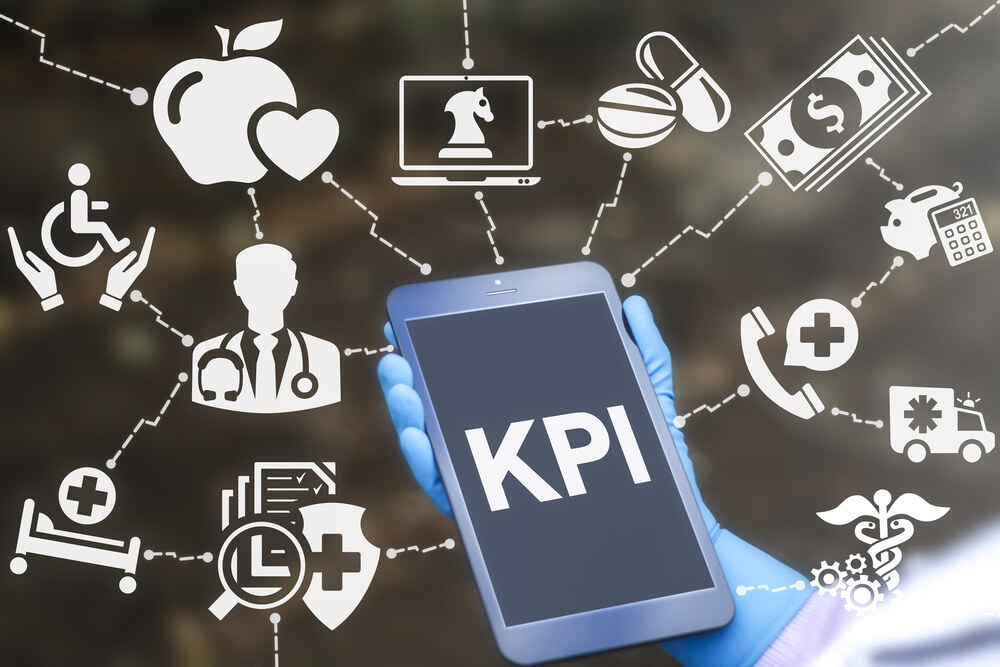With the healthcare industry continuing to shift towards payment models which place a greater burden of payment on patients rather than payers, keeping a firm grasp on your revenue cycle is more important now than ever for providers.
All healthcare organizations have been quick to understand the value of data; however, raw data on its own is of no use, and analyzing every last inch would quickly become overwhelming. What providers need to do, then, is to identify the most important data points and analyze them, in the form of key performance indicators (KPIs).
The most important KPIs can vary from organization to organization, and the ones most practices will identify as most important will likely be entirely different. However, here are the three that we have identified that are crucial to the financial health of almost any practice:
Preventable Denials
Preventable denials should be of grave concern to all healthcare organizations. Generally speaking, there are two major reasons most claims are denied:
- Claims not being submitted in a timely fashion.
- Not applying for prior authorization.
A high rate of preventable denials warrants a close look at the administrative processes and procedures to identify the cause. It is vital for the financial health of any practice that this metric be kept as low as possible.
Upfront Payments
As stated above, there a trend in healthcare of the burden of payments shifting towards patients. With this change already in motion, it is important for every practice that the front desk fully understand the importance of collecting the patient portion of every bill.
Knowing its importance might make the uncomfortable task of collecting the patient portion upfront slightly easier. While not as simply done as it is said, doing so lead to a dramatic improvement in cashflow. With copays and deductibles becoming a more reliable source of income, they will become easier to factor into operating income.
Patient A/R Over 90 Days
The final KPI to keep a close eye on is patient A/R over 90 days: in simpler terms, the patient portion of the bill being collected within 90 days. This is the longest length of times practices should be willing to wait before making the collection, as the money will continue to lose value to the practice the longer it takes to come in.
Debt for longer than 90 days is also far less likely to be collected at all, which can cause significant cashflow issues down the line. To ensure you fair and proper compensation is collected on time and in full, it is important that all practice staff fully understand the importance of collecting debt before the 90-day mark.
